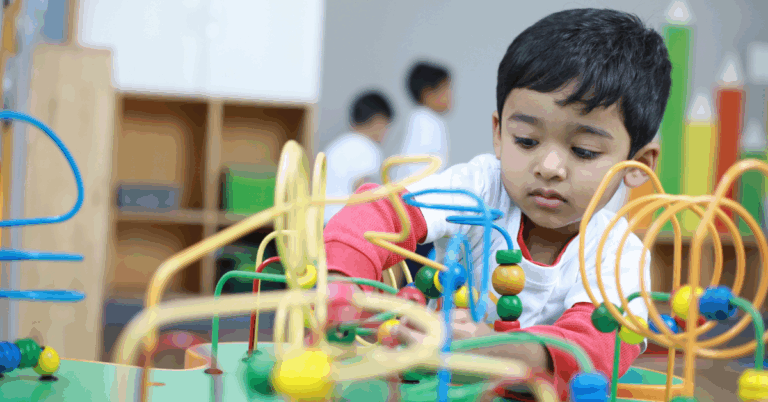The Role of Hands-On Learning in Cognitive Development: 11x bet login, India24bet login, Sky fair
11x bet login, india24bet login, sky fair: The Role of Hands-On Learning in Cognitive Development
Hands-on learning is a powerful tool for cognitive development in children and adults alike. It allows individuals to engage their senses, actively participate in the learning process, and make meaningful connections between concepts and real-world applications. In this article, we will explore the importance of hands-on learning in cognitive development and why it should be incorporated into educational practices.
Engaging the Senses
One of the key benefits of hands-on learning is that it engages multiple senses simultaneously. When individuals use their hands to touch, manipulate, and explore objects, they are not only processing information visually but also through touch and movement. This multi-sensory approach to learning helps individuals better retain information and deepen their understanding of concepts.
Active Participation
Hands-on learning encourages active participation in the learning process. Instead of passively listening to lectures or reading textbooks, individuals are actively involved in creating, experimenting, and problem-solving. This active engagement helps enhance critical thinking skills, creativity, and problem-solving abilities.
Making Meaningful Connections
Hands-on learning allows individuals to make meaningful connections between abstract concepts and real-world applications. By actually experiencing and interacting with concepts, individuals can see how they work in practice and understand their relevance in the world around them. This hands-on approach helps bridge the gap between theory and application, making learning more meaningful and impactful.
Improving Memory Retention
Research has shown that hands-on learning can improve memory retention compared to traditional passive learning methods. When individuals actively engage in learning tasks, they are more likely to remember and recall information later on. By doing, rather than just reading or listening, individuals are better able to retain and apply what they have learned.
Enhancing Problem-Solving Skills
Hands-on learning also helps develop problem-solving skills. When individuals are faced with a hands-on task or project, they are required to think critically, analyze information, and come up with creative solutions. This process of trial and error helps individuals develop resilience, adaptability, and the ability to think outside the box.
Fostering a Love for Learning
Finally, hands-on learning can foster a love for learning. When individuals are actively engaged in the learning process and see the direct impact of their efforts, they are more likely to develop a passion for learning. This intrinsic motivation can drive individuals to seek out new knowledge, explore new ideas, and continue learning throughout their lives.
Incorporating hands-on learning into educational practices is crucial for cognitive development. By engaging the senses, encouraging active participation, making meaningful connections, improving memory retention, enhancing problem-solving skills, and fostering a love for learning, hands-on learning can help individuals reach their full potential and become lifelong learners.
FAQs
Q: How can hands-on learning be incorporated into the classroom?
A: Hands-on learning can be incorporated into the classroom through activities such as experiments, demonstrations, group projects, and interactive simulations.
Q: What age group benefits most from hands-on learning?
A: Hands-on learning can benefit individuals of all ages, from young children to adults. Each age group may benefit from different types of hands-on activities tailored to their developmental stage.







